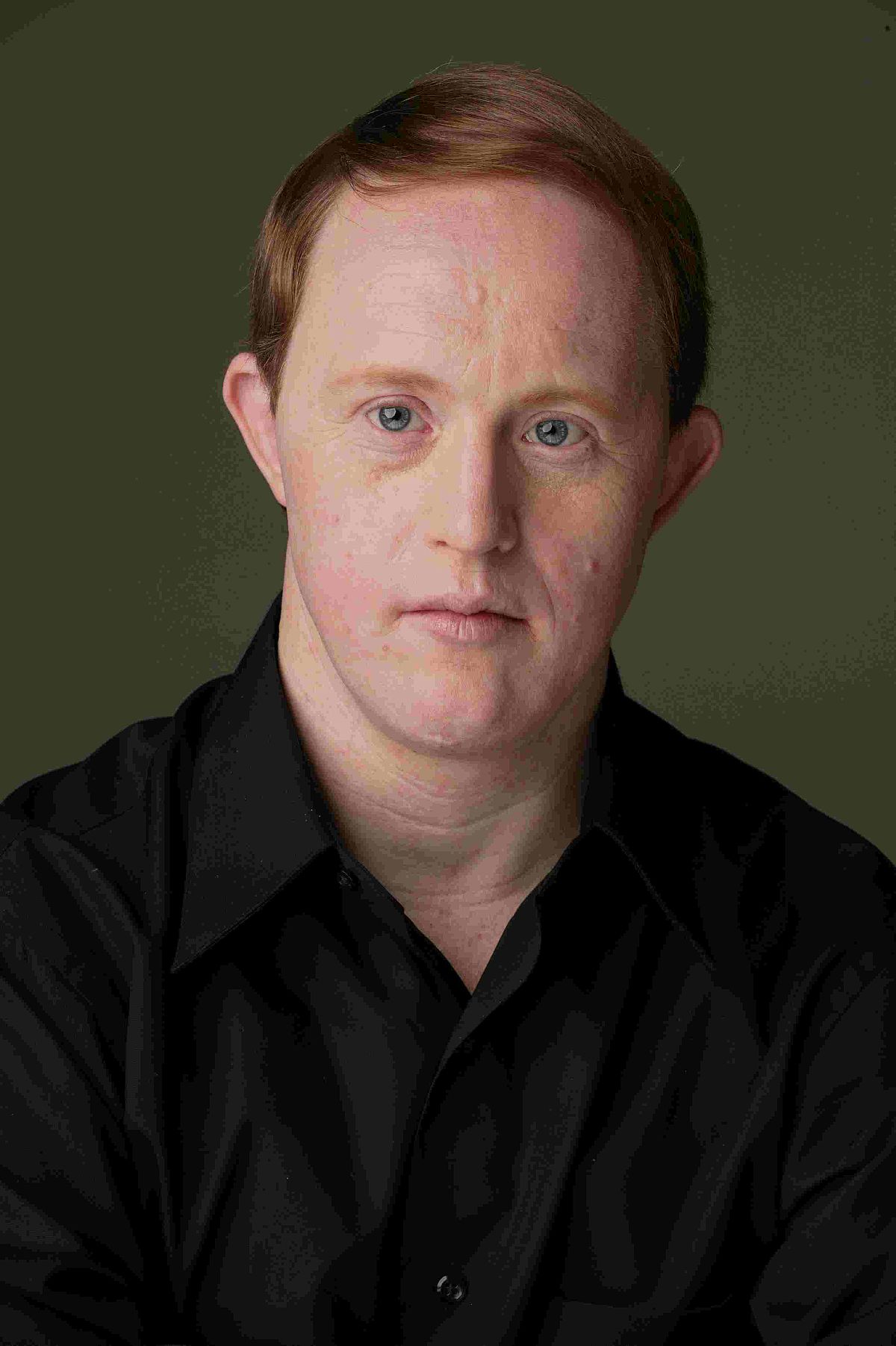Noonan Syndrome (NS) is a genetic condition affecting various aspects of development, from physical characteristics to potential learning differences. While it presents unique challenges, NS doesn’t define a person’s potential. This article explores the lives of inspiring figures who either live with NS or have been connected to it, demonstrating that a fulfilling life is achievable regardless of the challenges faced. We’ll also delve into important aspects of NS, including life expectancy, cognitive abilities, and the importance of understanding and support.
Understanding Noonan Syndrome
NS is a genetic condition present from birth, affecting an estimated 1 in 1,000 to 2,500 babies. It arises from variations in certain genes, leading to the diverse characteristics associated with the syndrome. These variations can impact physical features, growth, and sometimes cognitive function. It’s important to remember that having NS doesn’t mean someone is “sick,” but rather that they have a unique set of genetic instructions guiding their development. Want to learn more about genetic conditions and their potential impact? Take our have I got multiple sclerosis quiz to understand how genetic factors can play a role in various health conditions.
How is Noonan Syndrome Diagnosed?
Diagnosis involves genetic testing to confirm the presence of specific gene mutations, alongside a clinical evaluation assessing physical features, medical history, and developmental milestones. This often involves a multidisciplinary team of specialists, including cardiologists, geneticists, developmental pediatricians, and therapists, to provide comprehensive care.
Common Symptoms of Noonan Syndrome
NS can manifest in a range of physical characteristics and health issues. Some common symptoms include:
- Distinctive Facial Features: Wide-set eyes, drooping eyelids, low-set ears, and a small jaw. These features can change with age.
- Heart Defects: Congenital heart defects, such as pulmonary valve stenosis (a narrowing of the pulmonary valve), are common in individuals with NS. Even if heart problems aren’t present initially, regular cardiac checkups are essential.
- Skeletal Abnormalities: Short stature, pectus excavatum (a sunken chest), and scoliosis (curvature of the spine) can occur.
- Developmental Delays: Some individuals with NS may experience learning disabilities, delays in speech and language development, or challenges with motor skills. Early intervention programs, such as speech and occupational therapy, can be incredibly beneficial.
- Other Health Concerns: Bleeding disorders, lymphatic issues, feeding difficulties, and an increased risk for certain cancers (such as leukemia) are also possible. Ongoing medical management of these complications is essential.
Inspiring Figures and Noonan Syndrome
While NS presents certain challenges, it certainly doesn’t limit a person’s potential. Several accomplished individuals, either living with NS or linked to it, exemplify this:
- Kacey Montoya: This talented TV news reporter openly shares her experiences with NS, raising awareness and challenging stereotypes. Her willingness to discuss her life empowers others navigating similar experiences.
- Tim Burton: The renowned film director has been the subject of speculation regarding a possible NS diagnosis. Whether or not the speculation is accurate, Burton’s success reminds us that a genetic syndrome doesn’t preclude achieving greatness.
- Michaela DePrince: This extraordinary ballerina, also linked to NS in various discussions, demonstrates the power of resilience and pursuing one’s passions despite potential challenges. She serves as an inspiration, proving that physical challenges can be overcome with dedication and support.
It’s important to remember that information surrounding possible diagnoses, particularly for public figures, should be approached with caution. Confirming a diagnosis requires professional medical assessment, and speculation should not be taken as fact.
Life Expectancy and Noonan Syndrome
Life expectancy for individuals with NS is a complex topic. Some individuals experience mild symptoms with minimal impact on their lifespan, while others face more significant challenges, particularly congenital heart defects. Without serious heart issues, life expectancy is likely similar to the general population. However, severe heart defects can potentially reduce lifespan, though advancements in cardiac care are continually improving outcomes. Wisdom teeth removal without anesthesia can be a very painful experience, but managing even challenging health issues can have a huge impact, just like medical advancements are impacting life expectancy in Noonan Syndrome. Curious about how bad wisdom teeth removal without anesthesia is? Click here how bad is wisdom teeth removal without anesthesia
Early diagnosis and ongoing medical management are crucial for both the length and quality of life. Addressing developmental delays, managing heart conditions, and treating other health complications can significantly improve overall well-being and potentially extend lifespan.
Cognitive Abilities and Noonan Syndrome
Cognitive abilities in individuals with NS vary widely, just like in the general population. Most people with NS fall within the typical range of cognitive function. While some individuals may experience learning differences or developmental delays, early intervention and educational support can play a vital role in maximizing their potential.
There is no single “Noonan Syndrome IQ.” While research suggests potential links between NS and specific cognitive strengths and weaknesses, there’s no one-size-fits-all profile. IQ tests only provide a limited snapshot of a person’s abilities and don’t fully reflect their potential or overall cognitive strengths.
The Importance of Support and Understanding
Living with NS may involve challenges, including medical appointments, treatments, and potential social stigmas. Strong support networks, both online and in-person, can provide invaluable assistance, connecting individuals and families with shared experiences and encouragement. These communities offer a sense of belonging and understanding that can make a profound difference.
Ongoing research continues to explore new ways to support individuals with NS, leading to advancements in medical care and therapeutic approaches. This ongoing progress provides hope for improved outcomes in the future.
Conclusion
Noonan Syndrome is a complex genetic condition with a wide range of presentations and impacts. It’s crucial to remember that individuals with NS are not defined by their diagnosis. With appropriate medical care, early intervention, and robust support systems, individuals with NS can lead fulfilling and successful lives, pursuing their dreams and achieving their full potential. Their stories serve as a powerful reminder that what truly defines us is not our genetic makeup, but our character, resilience, and determination.
- Compartment Food Containers Make Meal Prep and Lunch Packing Easy - February 10, 2026
- Divided Lunch Containers Revolutionize Your Meal Prep Strategy - February 9, 2026
- Divided Food Storage Containers Transform Meal Prep and Portion Control - February 8, 2026










